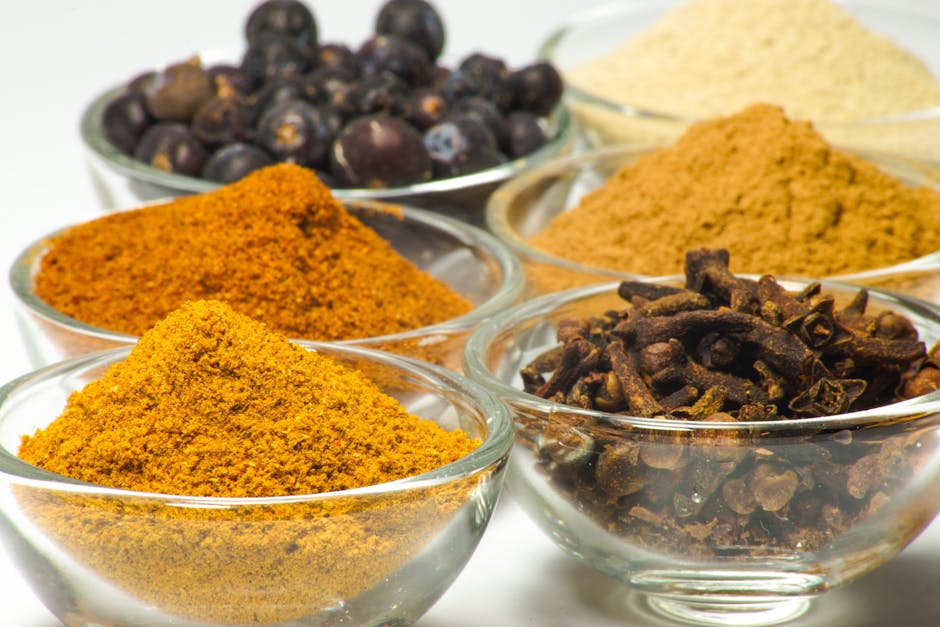Organic Wonder: Turmeric Facts and Benefits

Introduction:
Turmeric is a super spice grown in Asia. Its key component is curcumin, a yellow colored chemical used to color food, act as a preservative and forms one of the main ingredients in the making of curry powder. It is also used alone or with other spices to add a rich flavor and aroma. Turmeric is a rhizome plant which is a root, with a dark brown skin and bright orange-yellow flesh. To get the spice, the root is harvested, boiled, dried and ground to produce the spice.
Over the years its health value has been appreciated, and modern research has continued to provide evidence on the benefits of turmeric which has increased its popularity. As a result, the spice has been used for a broad range of purposes including treating wounds, alleviating pains like joint pain and stomach pains among other uses.
The drug has also been used to combat depression and improve moods especially when used as a tea; it has also been used to treat an array of respiratory diseases, digestive tract problems and in improving skin health.
Turmeric has now been adopted as a primary ingredient for many herbal products due to its rejuvenating and healing properties.
How it works and nutritional content
Much of turmeric properties are a result of the chemical compound curcumin. It is the cause of the dark orange color of the root. This compound serves as a powerful multipurpose agent which has both anti-inflammatory properties as well as antioxidant ones. It is what leads it to have anti-tumor, anti-arthritic, anti-ischemic abilities and makes it crucial for healing and preventing diseases.
Turmeric also contains other essential nutrients which help in the fight against diseases and add to its health benefits. Among the nutrients are:
- Vitamin B-6, Vitamin C, Vitamin E, choline, niacin, and riboflavin. Vitamin B-6 is crucial in the treatment of anemia and radiation sickness among others, while niacin helps prevent dermatitis. Vitamin C is a powerful antioxidant and helps build body immunity and remove harmful free oxygen radicals.
- Turmeric also contains proper amounts of essential minerals like potassium, zinc, calcium, manganese, copper, magnesium and iron. Potassium is a component of cells and the body fluids that help moderate heart rate and check the blood pressure. Iron, on the other hand, is crucial in the making of the red blood cells and is also a cofactor for cellular metabolism. Manganese is an important factor in fighting free oxygen radicals.
- Turmeric powder also contains sufficient amounts of dietary fiber for every 100mg serving, which helps it in its function in improving the digestion system.
Benefits of turmeric powder:
- Research has shown that consistent consumption of turmeric extract leads to a reduction in total cholesterol, the ‘bad’ LDL cholesterol and triglycerides in people with high cholesterol levels.
- Turmeric helps in the management of pain and inflammation in both osteoarthritis and rheumatoid arthritis. It helps in reducing the joints stiffness and allows for greater mobility working just as useful as several of the drug painkillers.
- People suffering from itching can get significant relief from turmeric.
- Eye inflammation is also another condition which can be aided by taking curcumin, which is found in turmeric. It helps reduce long-term inflammation in the middle layer of the eye.
- Curcumin in turmeric is also crucial in the prevention and stabilization of colon cancer.
- Taking turmeric as a mouthwash, whether alone or as part of a toothpaste recipe, can be useful in reducing or preventing gum disease, as well as fighting bacteria levels in the mouth
- Taking a turmeric extract product daily for 8 weeks has been found to be effective in the reduction of the occurrence of irritable bowel syndrome symptoms in people who are otherwise healthy.
- The risk of Inflammation in the mouth or the gut as a result of radiation treatment has been shown to be significantly reduced by using turmeric extract 6 times daily for 6 weeks, especially for people with head and neck cancer.
- Taking turmeric daily for up to one-week aids in the recovery from surgery, reducing pain, fatigue and the need to use pain medications.
- Other conditions which have been aided by the use of turmeric's healing properties include skin rashes and conditions like eczema, acne, hepatitis, liver and gallbladder problems, ringworms, jaundice, menstrual pains and headaches.
Potential side effects
Turmeric, whether taken as an extract in a capsule or used as a spice in food and drinks, is mostly safe and rarely has side effects, though some people may experience stomach upsets, nausea or dizziness. It is also safe when taken as an enema, mouthwash or applied to the skin.
Care, however, should be made in the following instances, and a doctor’s advice sought:
- During pregnancy turmeric should not be taken in medicinal amounts, and even intake as part of food should be limited as it may put the pregnancy at risk by promoting a menstrual period or stimulating the uterus.
- If you have gallstones or bile duct obstruction and other gall bladder problems avoid turmeric as it may worsen them.
- It may also slow blood clotting, and therefore people with blood disorders may be at risk of bruising and bleeding. Those intending to have surgery should also avoid taking turmeric at least a week before the surgery.
- Avoid taking turmeric with medicines that slow down blood clotting like Aspirin, Warfarin, Ibuprofen, heparin, diclofenac, and others.
Always consult with your doctor in these or any other cases, especially if you have a health condition.

Related Keywords







